Trending Now
Wednesday, Apr, 2024
Home / Australian Budget: 'The Unsatisafctory Vision For Universities'
Australian Budget: 'The Unsatisafctory Vision For Universities'
The funding is reported to have been allocated by the Morrison government as part of its 2020 budget...
 by Himani Verma /
by Himani Verma /  21 May 2021 12:16 PM IST /
21 May 2021 12:16 PM IST /  0 Comment(s) / 342
0 Comment(s) / 342
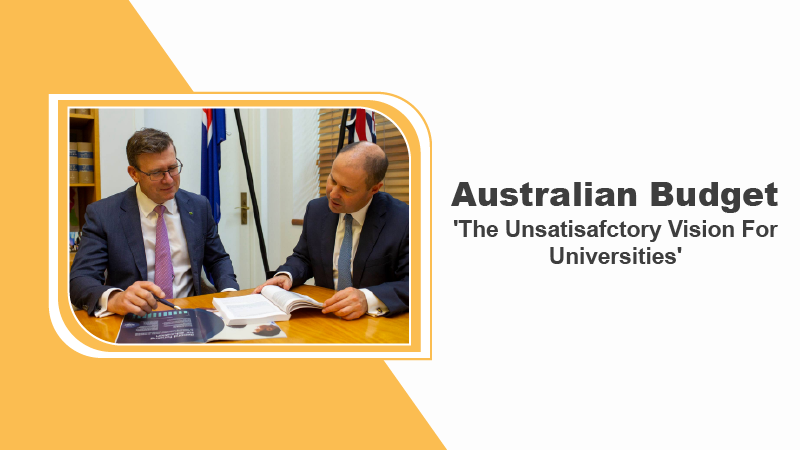
In a budget that has caused new fears for the future of universities, Treasurer Josh Frydenberg has revealed that Australia's universities will receive more than $19 billion in funding for 2021. The funding is reported to have been allocated by the Morrison government as part of its 2020 budget.
Mr Frydenberg said the decisions made by the Morrison government during the pandemic had also added 30,000 more places at Australian universities this year – resulting in an overall 30 per cent increase in student enrolments over 2018.
He said the increase had been made possible by "funding increases and productivity gains."
The budget figures published in The Sydney Morning Herald revealed that universities received an extra $29 million, more than $18 billion over four years and nearly $2 billion over 2021?24. They also indicate a productivity gain of just under 2 per cent compared to 2018. In addition, the Government has committed $1.3 billion over the next four years to support Australia's growing demand for vocational education and training.
The budget also revealed a spend of $3.4 billion on universities next year and over $67 billion in total over the coming decade.
In addition to a 2per centt increase in funding through the commonwealth grants scheme, universities will receive an estimated $450 million extra this year from students paying higher fees under a deregulation deal with the states and territories in 2016.
Reacting to the budget figures, Shadow Education Minister Tanya Plibersek expressed dismay at the level of investment in public universities.
Ms Plibersek said that while the budget revealed some positive developments, it also highlighted "the deep and growing concerns about how we fund our universities."
"We're going to see a funding cut of $4 billion over the next decade," she said. "If you look at our investment in higher education over the coming years – next year $3.8 billion, four years $7.3 billion, eight years $15.6 billion – our universities will be receiving less than they would've received otherwise.
In addition, Ms Plibersek said that the budget confirmed the Government's "disturbing" plans for higher education in Australia.
"They're planning to cut funding to our universities," she stated. "They've already cut some funding and tonight they are cutting even more from the university sector. And if you're already worried about the future of our universities, that will make you feel a lot more anxious."
Ms. Plibersek said there was an urgent need for the Morrison government to understand how the student could fund higher education following the demands on it, not just today but also into the foreseeable future.
"Universities are very important to Australia's prosperity," Ms Plibersek said. "They educate more than 150,000 people a year. They're very profitable for Australia. But they are also facing very significant challenges."
She said some of the most urgent challenges included increasing demand for higher degrees and research and the new demands on vocational education and training that Prime Minister Morrison had identified.
"It's going to take more than a couple of handouts from the government," Ms Plibersek said, referring to past funding increases. "We can't keep on doing that. We must invest in the future.."
Ms Plibersek said that unless the Government took action soon, Australia would "go backwards as a nation when it comes to higher education."
"It's an unwise investment, and it's something we shouldn't be doing," she said. "The Government has been warned about this repeatedly for the last few years. It is time they started listening.
Australia's higher education funding system is in a state of paralysis, with the Senate blocking the Government's critical initiatives for more than two months.
The funding freeze makes it very hard for universities to plan, although this is in no one's interest. Unless the Senate restores funding and increases it, at some point, it will be forced to cut costs by reducing research and teaching budgets which directly affect students. The Government provides annual research grants through the Higher Education Endowment Fund (HEIF).
The Government has cut funding to the HEIF but not increased research grants, and it is unlikely that the Senate will restore the funding cut to this endowment fund.
This month, the Government revealed plans to withdraw all research funding from universities that did not attract $100 million in overseas students.
The Department of Education confirmed that the Australian Government would have a policy of withdrawing its contribution to universities' research funding if they could not attract $100 million in international students.
The $100 million number emerged in the Senate's education committee inquiry into international students in Australia, which recommended the Federal Government's contribution to higher education research be reduced from $150 million a year to $100 million a year.
As part of this affirmation, the Department of Education said that it was consistent with"exploring options" to provide the funding for university research that required an additional $200 million.
The government department said it had recognised that some universities could not attract sufficient overseas students and were therefore not funding significant research.
"The department is exploring options to meet this short-term funding need, however any long-term solution will require a more considered approach," the statement said.
The department will consider any future changes to the contribution made by the department to research funding for universities in the context of broader tertiary education policy reviews.
"Delivering on the committee's recommendation to increase the contribution to research by $100 million is not a priority."
The committee's inquiry into international students in Australia recommended that the Federal Government's contribution to higher education research be reduced from $150 million a year to $100 million a year.
This month, the Senate education committee also recommended that the government immediately remove Malaysia and Indonesia from the list of 'reciprocal countries' where student fees are capped at A$10,000.
"A committee has advised that the government must immediately remove Malaysia and Indonesia from the list of 'reciprocal countries' where student fees are capped at $10,000," according to a Senate report, to be tabled on Tuesday.
The committee recommended a temporary halt to student visas to Malaysia until the country showed "it has taken appropriate action to address concerns about concerns about corruption, governance and the quality of education being provided by private education providers in that country."

EShort / February 16, 2024
IMS Noida Admissions 2024: Apply for UG, PG programmes
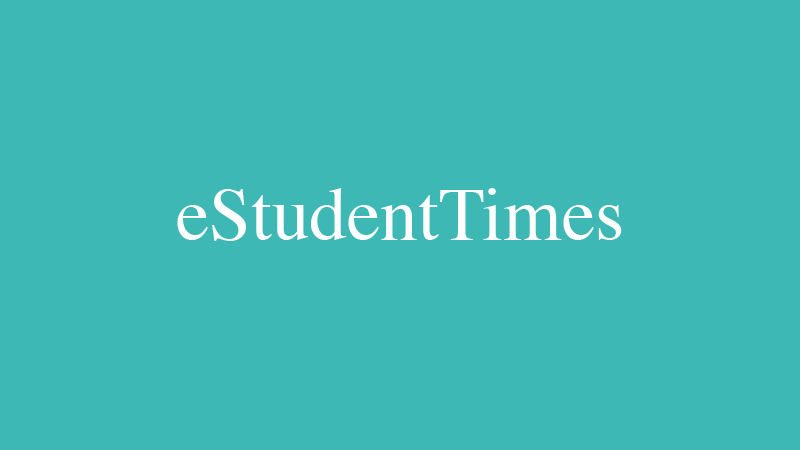
EShort / February 16, 2024
GATE 2024: Response sheet out
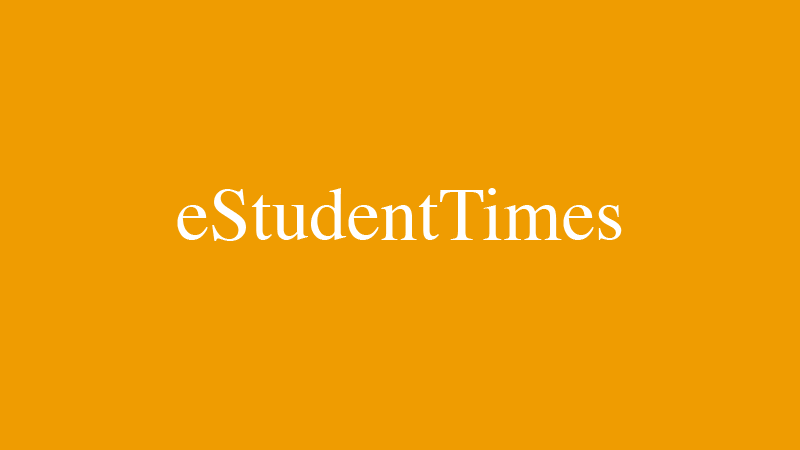
EShort / February 16, 2024
BSSTET 2023: Admit card released

EShort / February 16, 2024
NID DAT 2024: Prelims result released
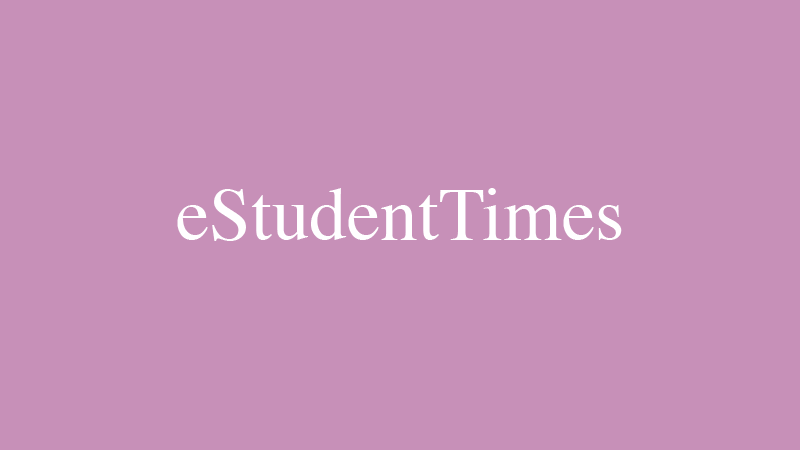
EShort / February 16, 2024
IIT JAM 2024: Response sheet released

Jobs / February 16, 2024
UPSC Recruitment Drive 2024: Apply for 120 vacancies in various departments

EShort / February 14, 2024
UPSC CSE 2024: Official Notification issued; application process begins

Editor's Desk / April 17, 2020
How Does Society Impact Our Education?
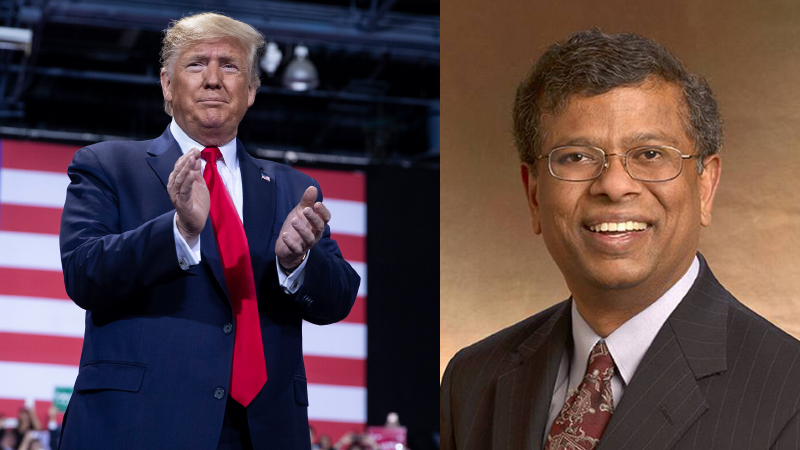
Current Affairs / April 22, 2020
Mr. Sudarsanam Babu appointed to U.S. Science Board.
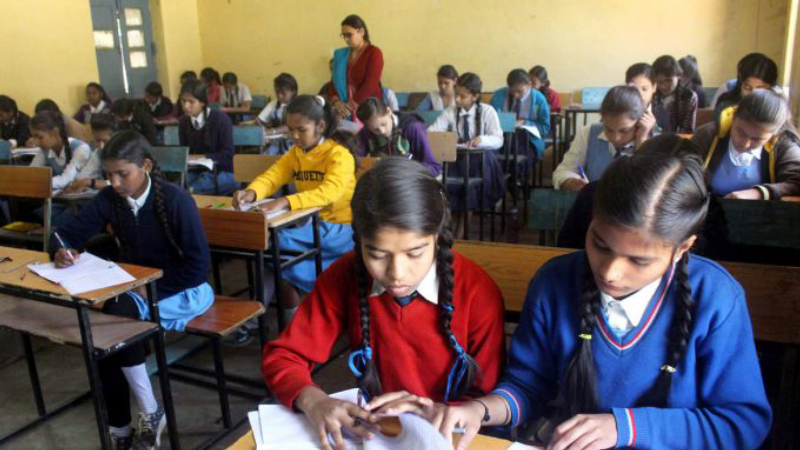
Reforms / April 17, 2020
Traditional Structure of Education In India
.jpg)
Events & Seminars / April 17, 2020
PISA!!
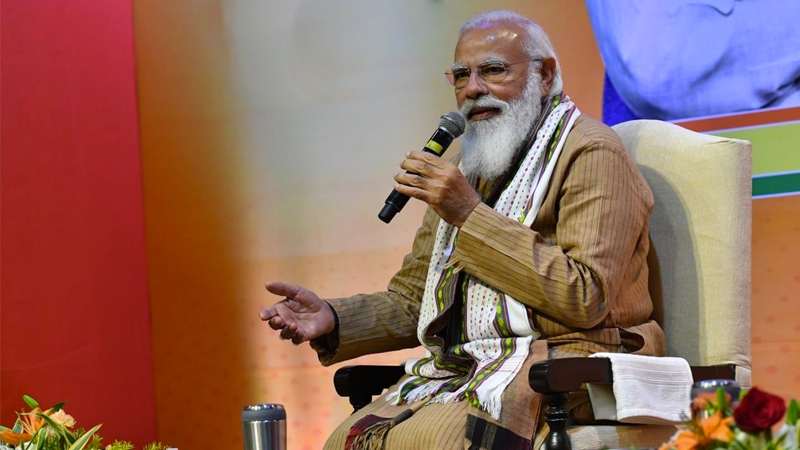
Blog / February 26, 2021
Government's Action On #ModiRojgaarDo

Notice Board on Important Dates / April 21, 2020
World Heritage Day

EShort / May 19, 2022
CUET PG 2025 has started the registration process.

EShort / June 11, 2022
KCET 2022 registration reopen today
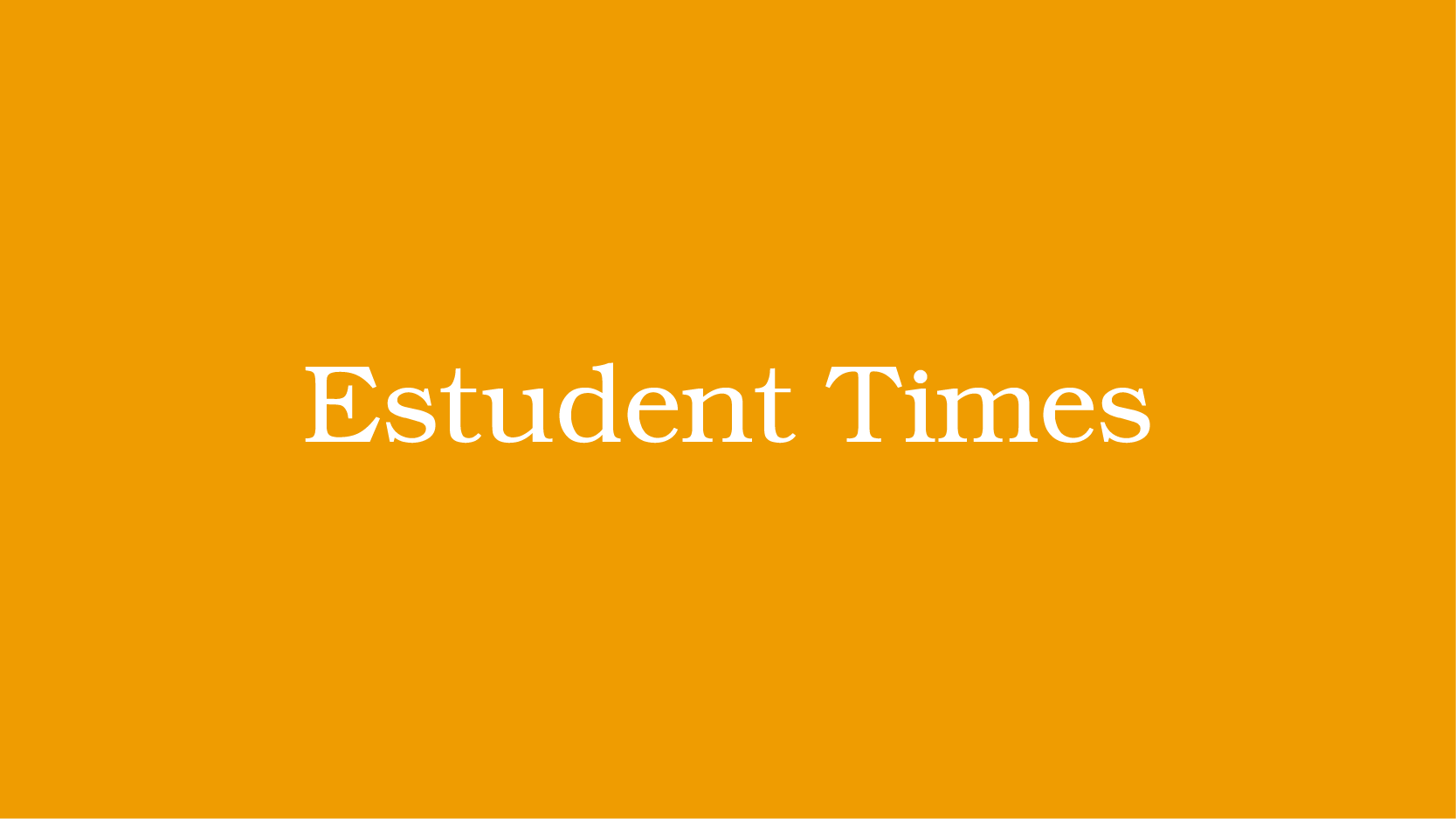
EShort / December 14, 2021
UPSC Declared Final Result For DCIO Recruitment



 Program 2024 for Financially Disadvantaged Students-02.png)



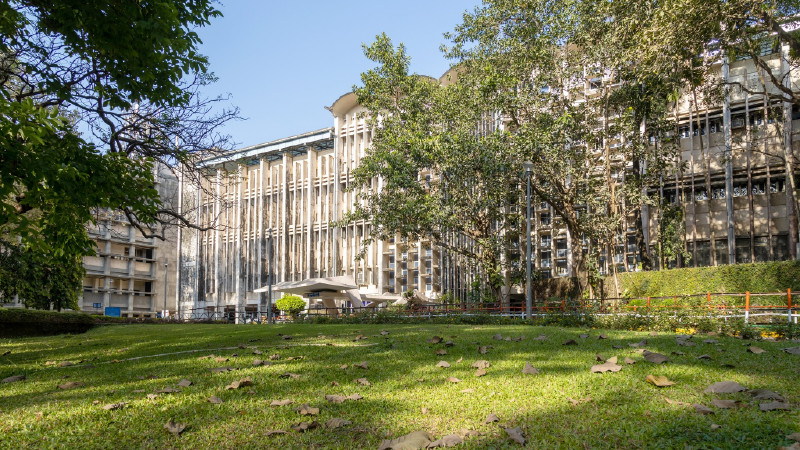




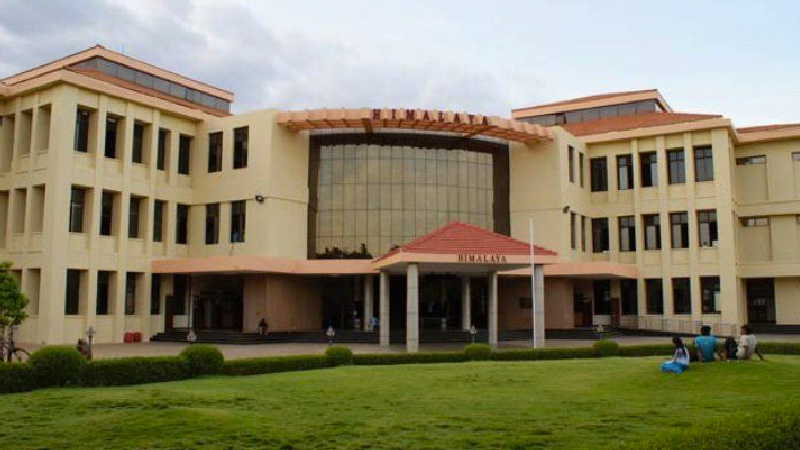
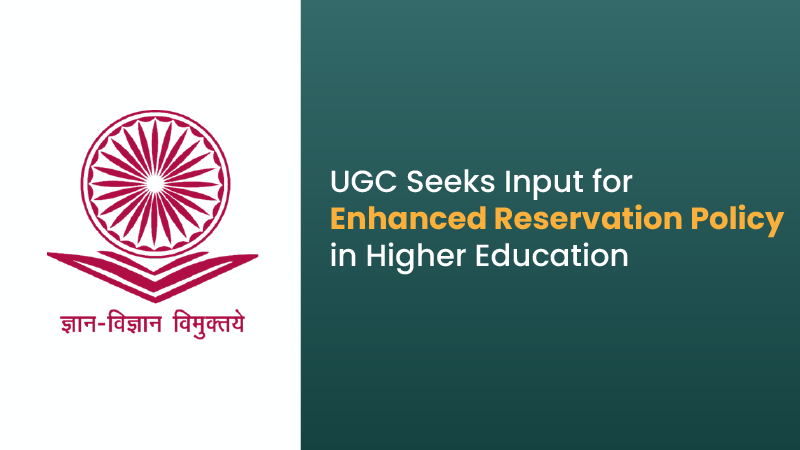





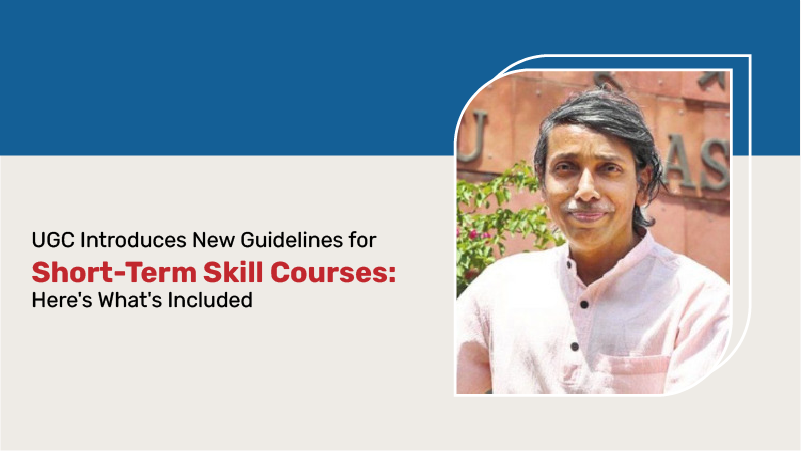
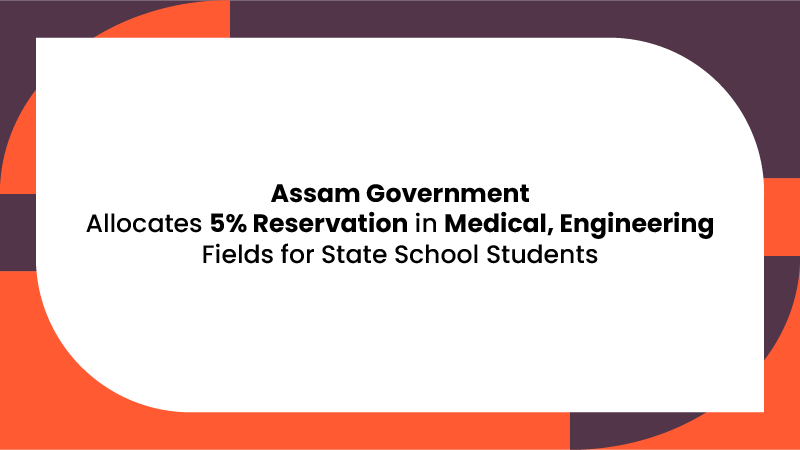



0 Comments
Post Comments